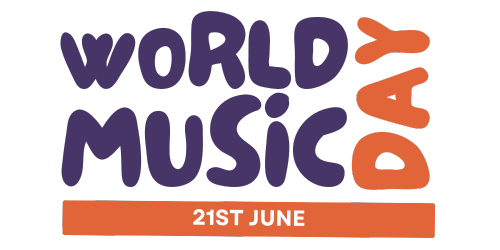Music education plays a pivotal role in the holistic development of students, enriching their lives and fostering a lifelong appreciation for music. However, one of the challenges music educators face is selecting a curriculum that resonates with the diverse age groups they teach. A well-chosen music curriculum can ignite students’ passion for music, enhance their learning experience, and cater to their developmental needs. In this blog post, we will explore how to choose the right music curriculum for different age groups, from reception to year 13.
Understanding Developmental Stages
Before diving into curriculum selection, it’s essential to understand the developmental stages of children and adolescents. Younger children (ages 4-7) are in their formative years, where they develop basic musical skills through play and exploration. Primary school students (ages 8-11) are ready to engage in more structured music learning, including basic theory and instrument skills. Secondary students (ages 12-16) can handle complex concepts and are ready to explore music more independently. Sixth form students (ages 17-18) are capable of advanced studies in music, including composition, in-depth analysis, and performance at a higher level.
Reception to Year 2: Introduction to Music
For the youngest learners, the curriculum should focus on exploration and play. Music education at this stage should introduce students to basic musical concepts like rhythm, pitch, and dynamics through interactive activities. Singing, dancing, and playing simple percussion instruments are excellent ways to engage these young minds. Look for curricula that incorporate storytelling, games, and movement, as these elements can significantly enhance learning and retention.
Years 3-6: Building Foundations
As students grow, the curriculum should start to incorporate more structured music education, including reading music, understanding basic music theory, and introducing them to various instruments. Interactive lessons that allow students to experiment with different sounds and rhythms are crucial. Curricula that offer a balanced approach to theory and practice, with opportunities for ensemble play and choir singing, are ideal for this age group.
Years 7-9: Expanding Horizons
During these years, students are ready to explore music more deeply. The curriculum should offer diversity in musical genres and cultures, fostering an appreciation for the wide world of music. Encourage critical listening and analysis skills, and introduce more advanced theory concepts. Practical components should include opportunities for solo performances and participation in bands or orchestras. Technology can also play a significant role in music education at this stage, introducing students to music production and composition software.
Years 10-11: Specialization and Exploration
Students at this stage may begin to specialize in certain areas of music, such as performance, composition, or music technology. The curriculum should be flexible enough to accommodate individual interests while still covering essential music education standards. It should challenge students to develop their skills further and encourage them to engage in self-directed learning projects.
Years 12-13: Preparing for the Future
For students considering further education in music or a career in the industry, the curriculum should be rigorous, with a focus on advanced theory, performance, composition, and musicology. Providing opportunities for students to perform publicly, create professional-quality compositions, and explore music’s role in society prepares them for future endeavors in music.
Conclusion
Choosing the right music curriculum requires a deep understanding of developmental stages and a commitment to meeting students’ individual needs. By selecting age-appropriate materials that challenge and engage students, music educators can create a nurturing environment that fosters a lifelong love and appreciation of music. Remember, the goal is not only to teach music but to inspire and empower students to express themselves musically, regardless of their age.
